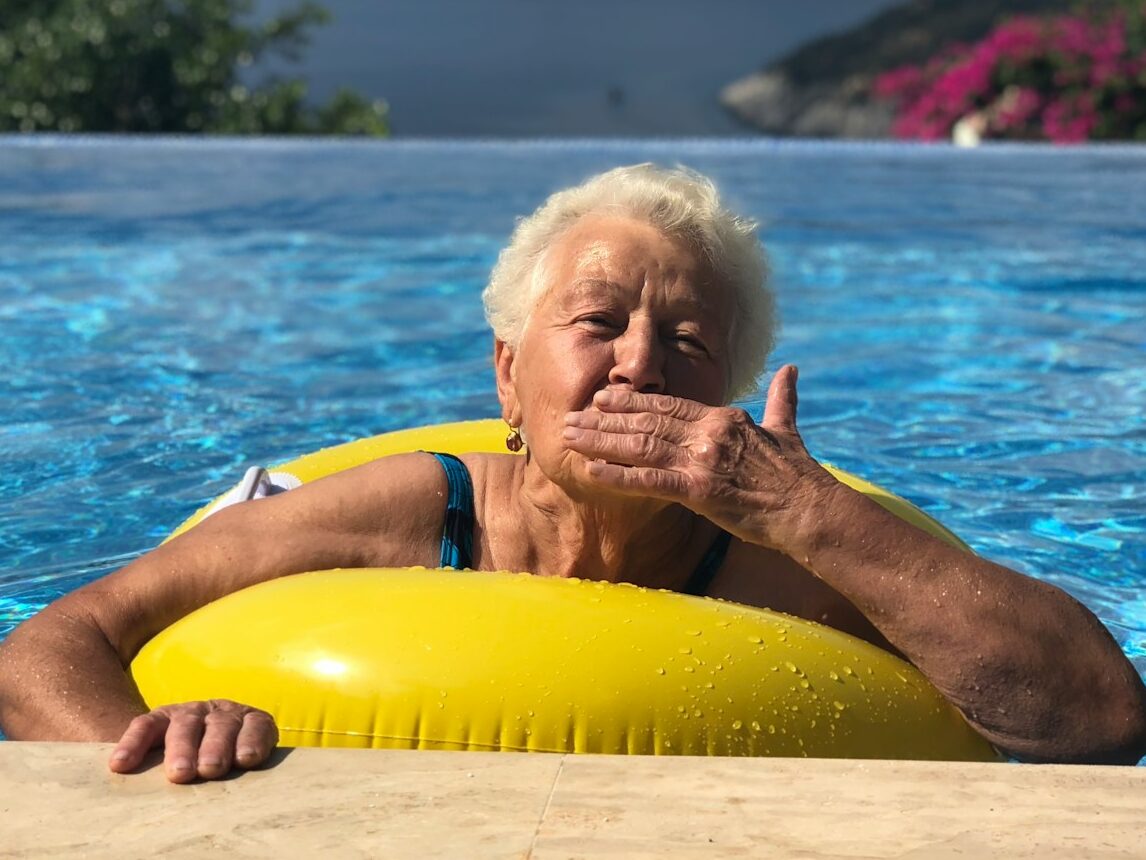
Women over 50 aren’t invisible. They’re not fragile, outdated, or looking for permission to live fully. Yet society still tosses around careless comments and subtle digs disguised as concern or flattery. These women have survived decades of growth, heartbreak, reinvention, and discovery. So, here are 30 things you should definitely keep to yourself.
“You look great… for your age.”
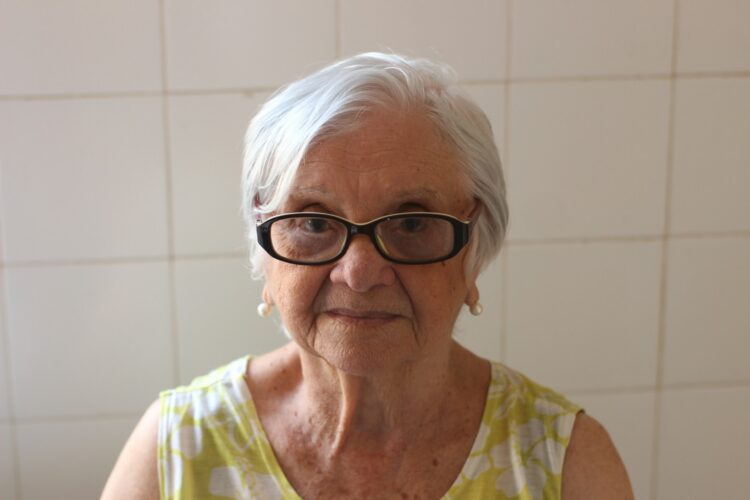
This is one of those compliments that’s really an insult in disguise. Tacking on “for your age” suggests there’s a benchmark women over 50 aren’t expected to meet. It reduces her beauty or confidence to something conditional. If she looks great, say so without reminding her of the number you think disqualifies it. She doesn’t need to be compared to a 25-year-old to be validated.
“Aren’t you too old to wear that?”
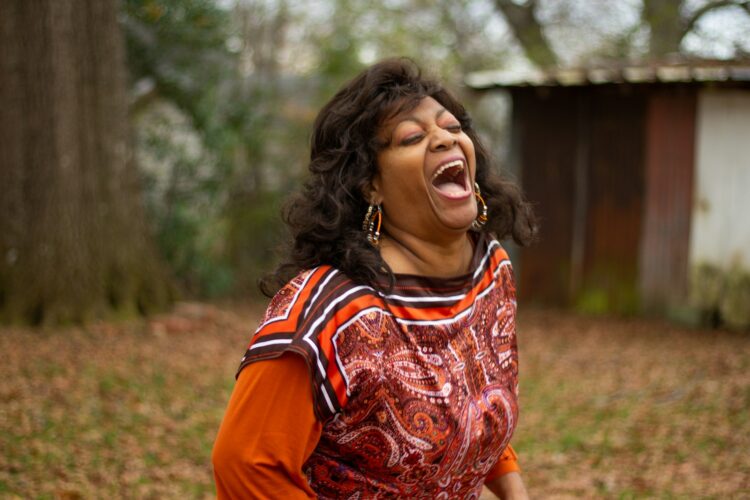
Fashion is about expression, not age restriction. Telling a woman she’s too old for a particular outfit assumes she should fade quietly into beige and sensible shoes. Newsflash: she didn’t ask for your fashion police badge. Whether she’s in a bold print or leather pants, she knows what she’s doing. Confidence doesn’t come with an expiration date—and neither does style.
“You must be a grandma by now!”
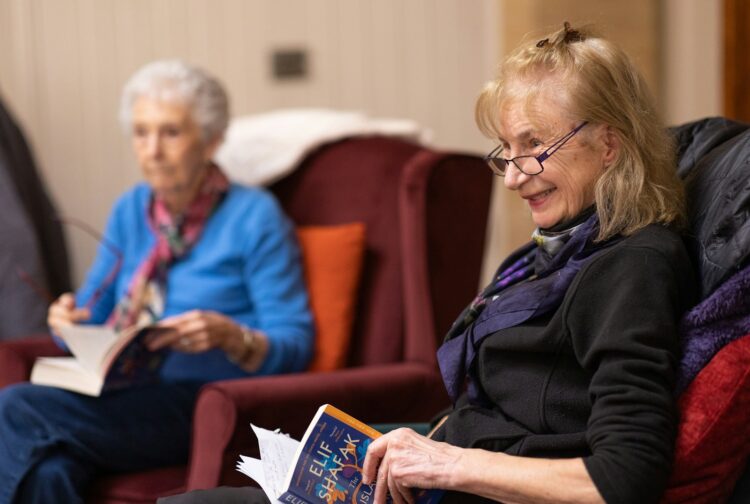
This assumes she had kids, that her kids had kids, and that everyone followed the exact timeline you imagined. Grandmotherhood isn’t universal, and it’s not a default setting once a woman hits 50. Even if she is a grandma, that role doesn’t define everything about her. Ask about her life, not just her proximity to babies and bedtime stories.
“Men your age only want younger women.”
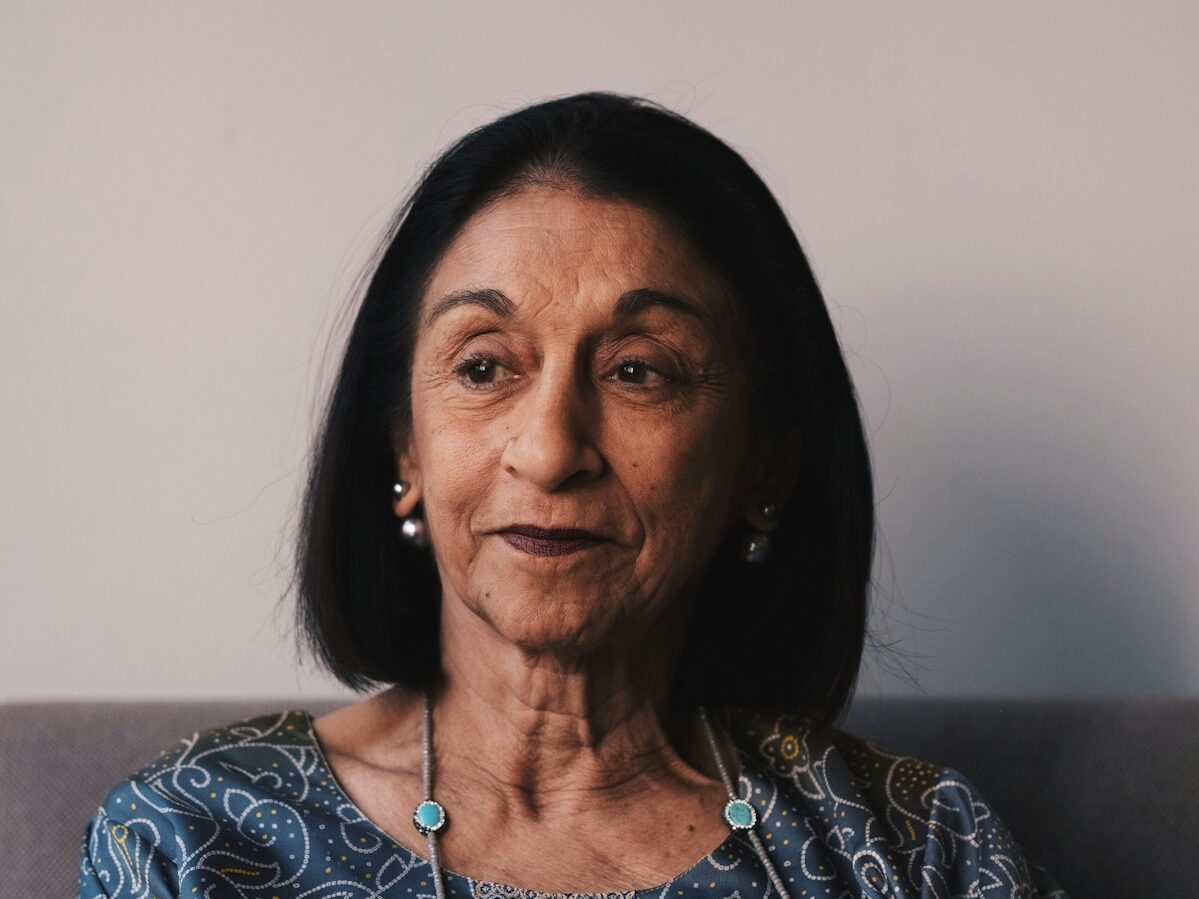
This might be true for a certain type of man—but women over 50 aren’t exactly sitting around waiting to be chosen. Many are focused on careers, passions, friendships, and themselves. Suggesting they’re unlovable because of a wrinkle count is offensive and wrong. Besides, if a man can’t handle a woman his age, that’s his problem.
“Do you even know how to use that app?”
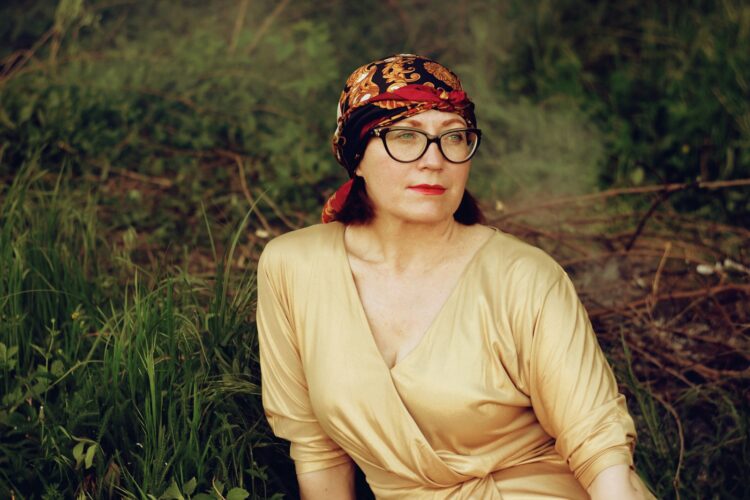
Yes, she does. Probably better than you. Technology isn’t the exclusive domain of the young. This kind of question is patronizing and outdated. Women over 50 use smartphones, run businesses online and troubleshoot tech issues without calling their kids. Don’t confuse age with inability. She was navigating computers when floppy disks were a thing, remember?
“You’re lucky to still have your figure.”
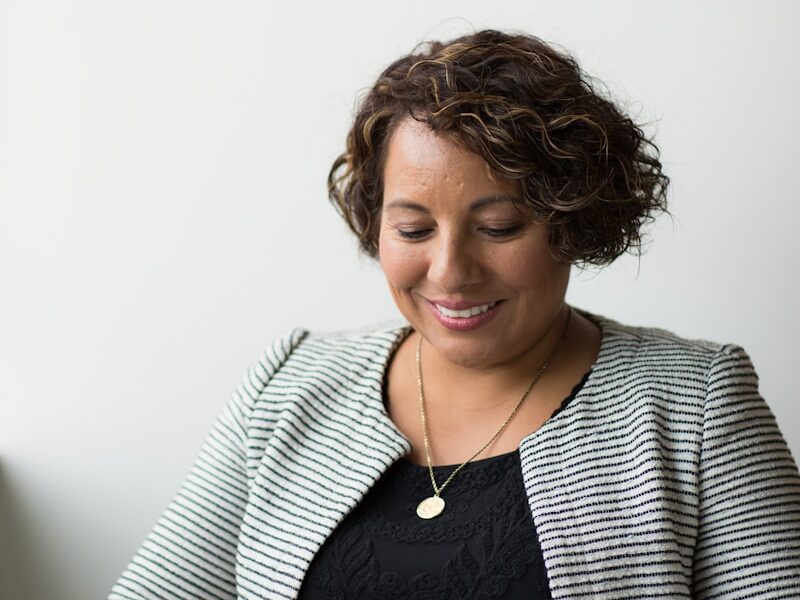
What, exactly, does “still” mean here? That she should have lost it by now? Her body isn’t a lottery ticket she happened to keep unscratched. She may work hard to stay strong and healthy—or she may not care about your standards at all. Either way, she’s not interested in being evaluated like produce at a market.
“Don’t you want to slow down?”
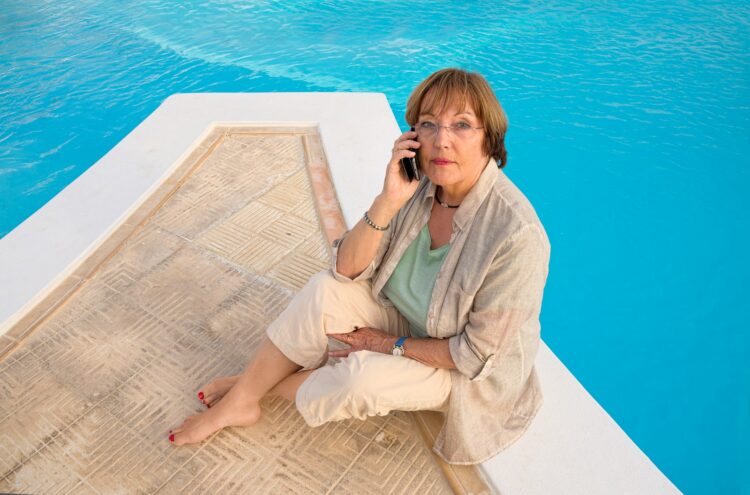
Slow down from what? Life? Work? Passion? Many women over 50 are speeding up—launching projects, exploring new interests, traveling, or just finally doing what they want. They’ve spent decades juggling everything for everyone else. Slowing down isn’t the dream. Living more fully, with fewer compromises—that’s what they’re after. And they’re not asking for permission.
“It must be nice to be retired.”
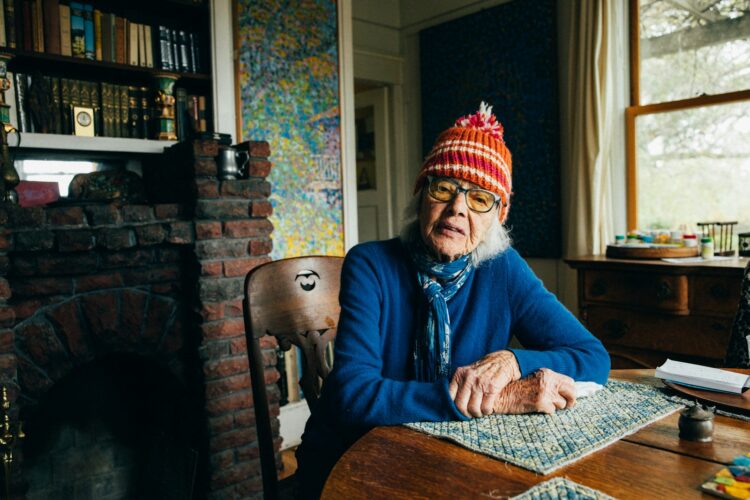
Not every woman over 50 is retired. And for those who are, it doesn’t mean they’re lounging around sipping tea all day. Retirement often opens the door to second acts: consulting, volunteering, creating, or simply chasing passions that once took a backseat. It’s not the end of the road—it’s often just a new one, and she’s driving.
“You probably don’t care about dating anymore.”
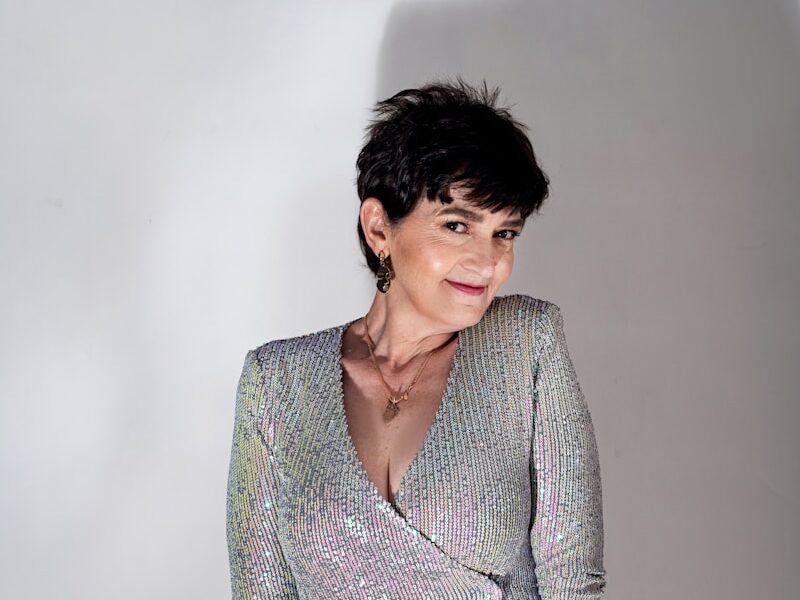
On the contrary, she probably cares more now than ever, just in a different way. Women over 50 aren’t chasing butterflies; they’re looking for a true connection. They’re less tolerant of games and more in tune with what they want. Assuming they’ve given up on romance just because of their age is like assuming books stop being worth reading after chapter 10.
“You should really cover up those wrinkles.”
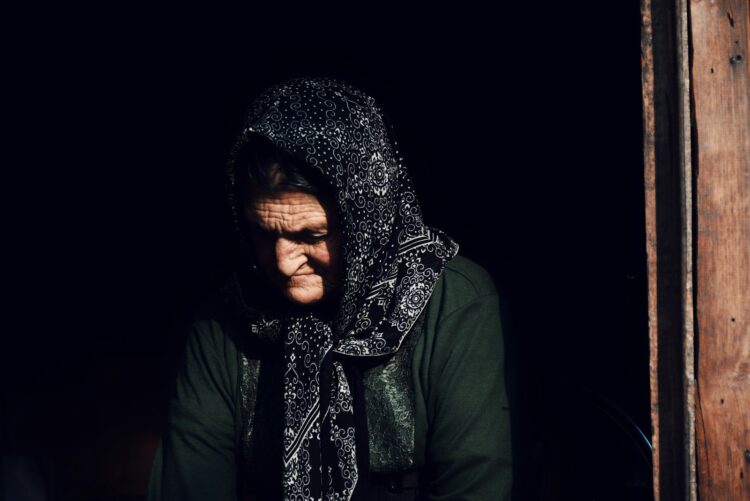
She should do nothing of the sort. Wrinkles are the result of laughing, crying, thinking, and surviving. Suggesting they need to be covered or erased implies there’s something shameful about having lived. Let women age on their own terms. Whether she smooths them out or lets them be, it’s her face, and it tells her story.
“You’re brave to still wear a bikini.”

Brave? No. She’s just wearing what she wants. This kind of statement comes laced with judgment, even when it’s meant to sound admiring. It implies she’s pushing against something she’s supposed to be ashamed of. The truth? She feels good, she looks good, and she doesn’t need your commentary on her swimwear choices.
“You don’t look your age!”

These words may seem flattering, but it’s rooted in the idea that looking your age is undesirable. Why is it a compliment to be mistaken for younger? Why is aging something to hide? A woman’s face tells her story, so why praise her for erasing it? Next time, just say she looks radiant and leave the age out of it.
“You must miss your younger years.”

Sure, maybe she misses the energy, but probably not the self-doubt, the societal pressure, or the stress of trying to be everything to everyone. Many women over 50 are relieved to be past that stage. They’ve found clarity, confidence, and freedom in ways their younger selves could barely imagine.
“It’s too late to start something new.”
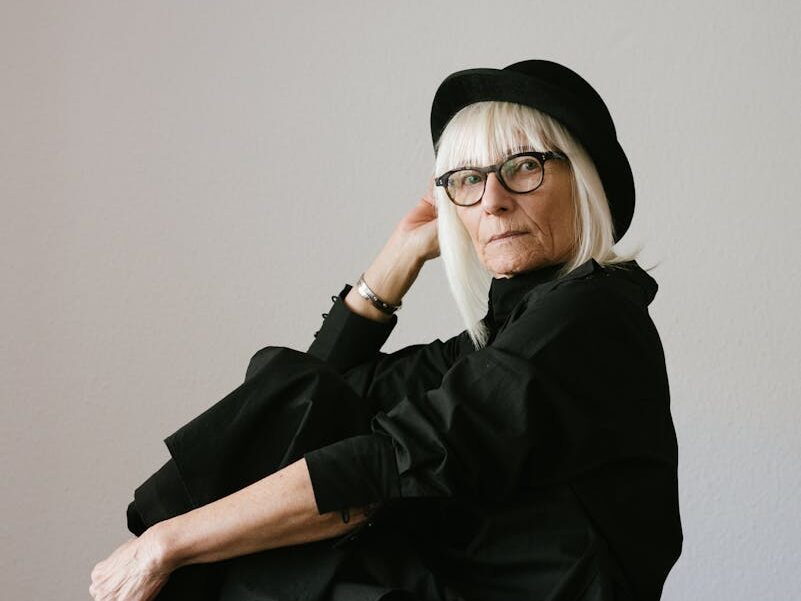
This is one of the most toxic beliefs still floating around. Women over 50 go back to school, launch startups, become artists, learn languages, or move across the world. Telling them it’s too late says more about your fears than their reality. Time doesn’t run out at 50. It just becomes more precious. And they know how to use it.
“You probably don’t get pop culture anymore.”
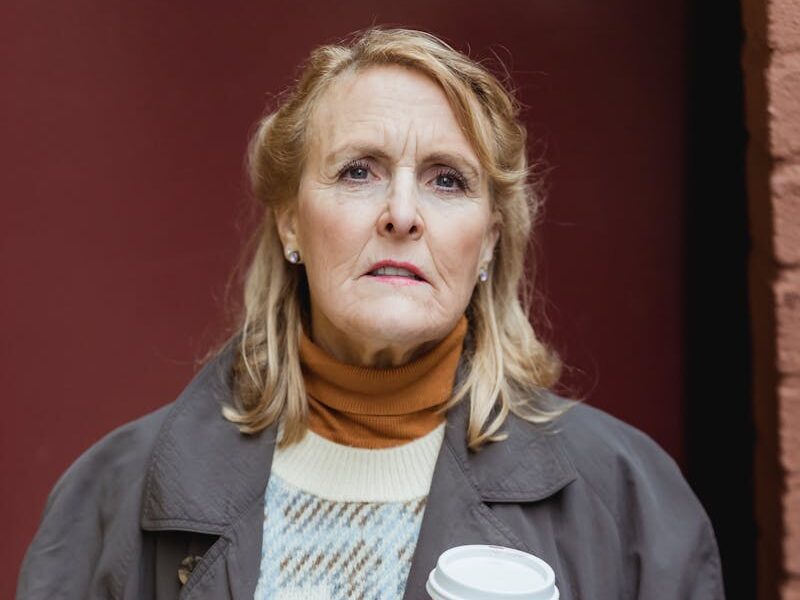
That’s a bold assumption for someone who still listens to 90s throwbacks. Women over 50 are streaming shows, debating Oscar snubs, and following trends when they want to. They’re not disconnected. Instead, they’re discerning. If they’ve opted out of whatever the latest “core” trend is, it’s likely because they’ve already lived through its first version.
“Are you going to age gracefully?”
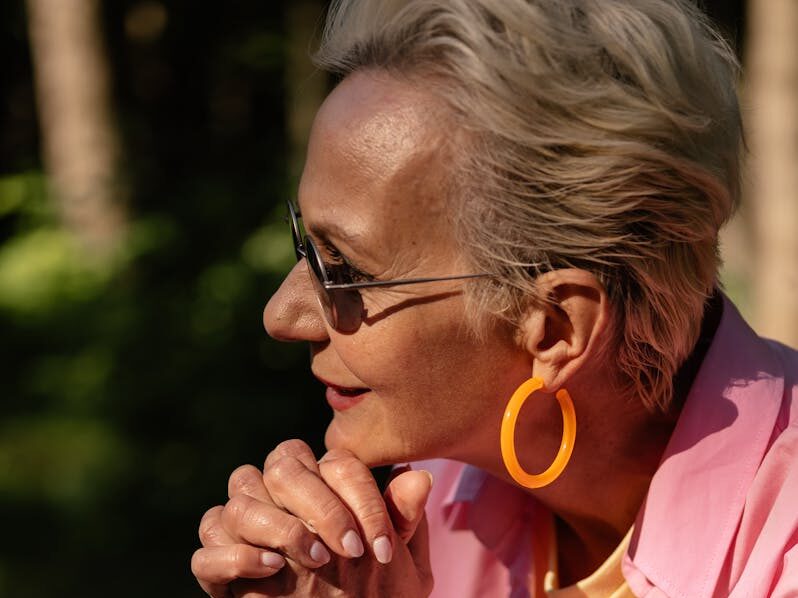
What does that even mean? Gracefully, according to whom? This phrase is just another way of telling women how they’re allowed to get older. Whether she embraces grey hair or gets Botox, that’s her call. Aging gracefully isn’t about appearances—it’s about doing it on your terms, without apology.
“I thought you’d be a grandma by now.”
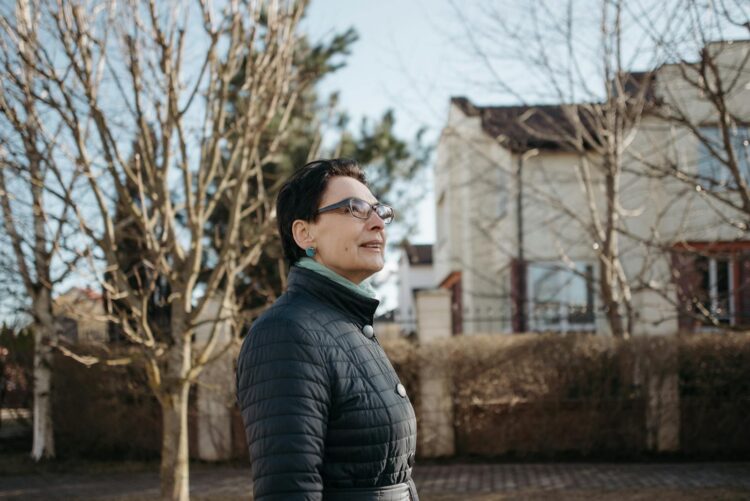
Women over 50 may not have kids, or their children may choose different paths. And even if they are grandmothers, they may not want to be defined solely by that role. Stop projecting your timeline onto their life. They’re not waiting around for a title. They’re just living their story.
“You’re so lucky you don’t have to care anymore.”

Women over 50 often choose what to care about because they’ve finally realized they don’t owe their energy to everything and everyone. They still care a lot, but they’ve learned the value of boundaries. That’s not indifference. It’s emotional intelligence honed through hard-earned lessons.
“You remind me of my mom.”
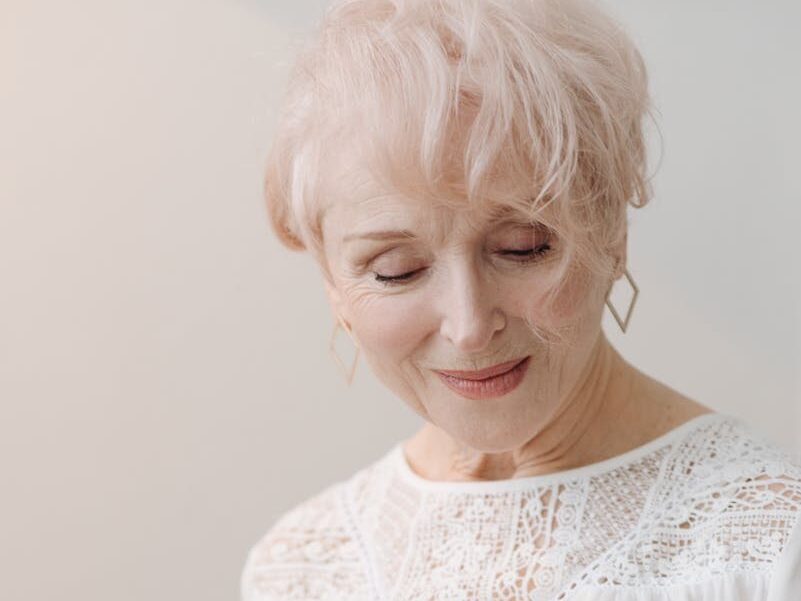
These words might be said with affection, but they often land with unintended condescension. She’s not your mom. She’s not anyone’s caretaker unless she wants to be. Let her be her own person, not a fill-in for the comforting older figure you’re projecting onto her. She has her own identity, and it’s not defined by someone else’s nostalgia.
“You’re too old to have kids now.”
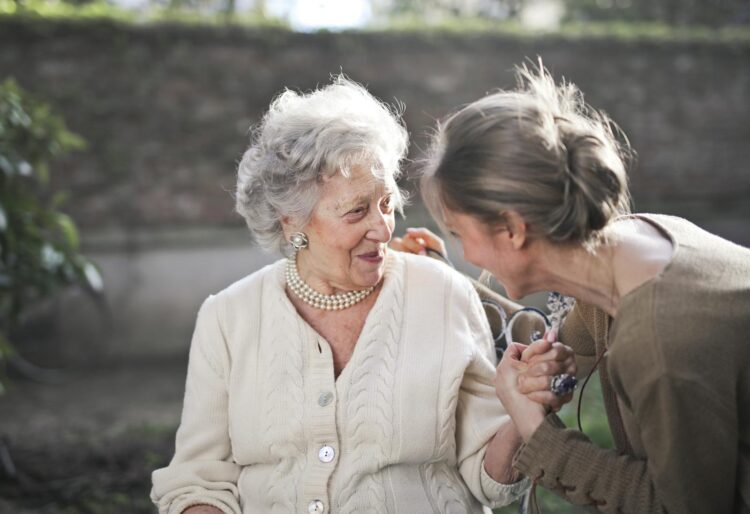
This is a very personal and sensitive topic, and no one needs your commentary on it. Fertility isn’t public property. Whether a woman over 50 has children, doesn’t have them, or wants them—it’s her business. Statements like this can come off as cruel, unnecessary, and rooted in a narrow idea of womanhood.
“Why are you still working?”

Because she wants to. Or maybe because she has to. Either way, that decision isn’t yours to judge. Many women over 50 find more purpose, creativity, and financial independence in their careers than ever before. Retirement isn’t a one-size-fits-all event—and assuming it should be just shows a lack of imagination.
“You must hate getting older.”

Plenty of women don’t. In fact, many find aging liberating. No more caring what others think, no more chasing validation. They’ve outgrown insecurity and stepped into something more solid: self-respect. Telling them they “must” hate aging just because you fear it reflects more on you than on them.
“You must be worried about being alone.”
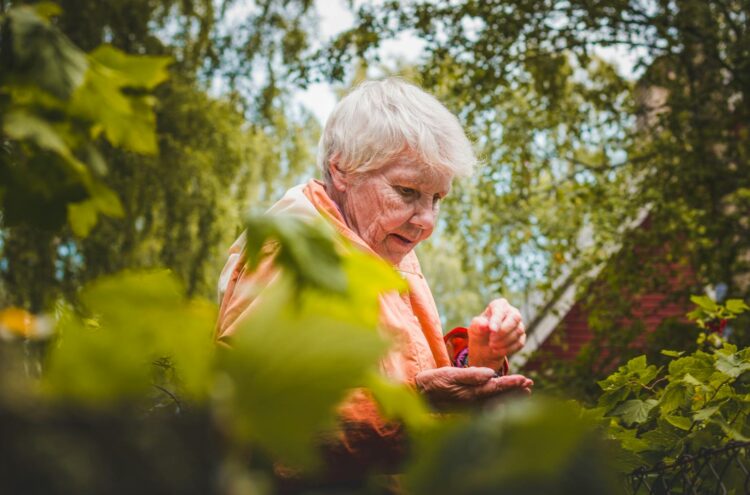
Alone and lonely are not the same thing. Many women over 50 are happily single and thriving. They’re traveling, pursuing hobbies, enjoying friendships, and loving their own company. Suggesting that being without a partner is a sad fate is outdated. If she wants companionship, she’ll find it—but she’s not afraid to stand on her own.
“Your time has passed.”

No. Just no. This is a silencing phrase, and it’s never acceptable. Women over 50 are still creating, leading, mentoring, and inspiring. Their ideas are fresh, their impact is lasting, and their presence is necessary. Time hasn’t passed—it’s evolved. And she’s evolving with it, not fading into the background.
“You’re aging really well.”
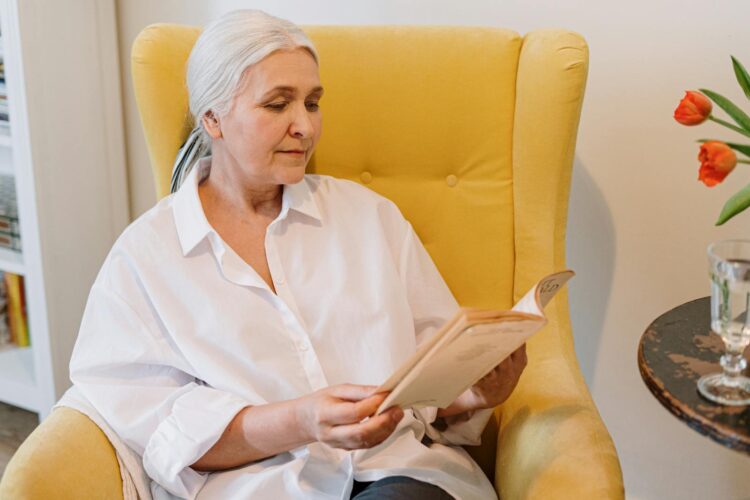
It’s another one of those compliments that tries to be kind but still frames aging as something to “manage.” What’s the alternative? Aging badly? Women don’t owe anyone a performance of graceful decline. They’re allowed to age on their own termswithout being graded for how well they’re hiding it.
“Are you having a midlife crisis?”
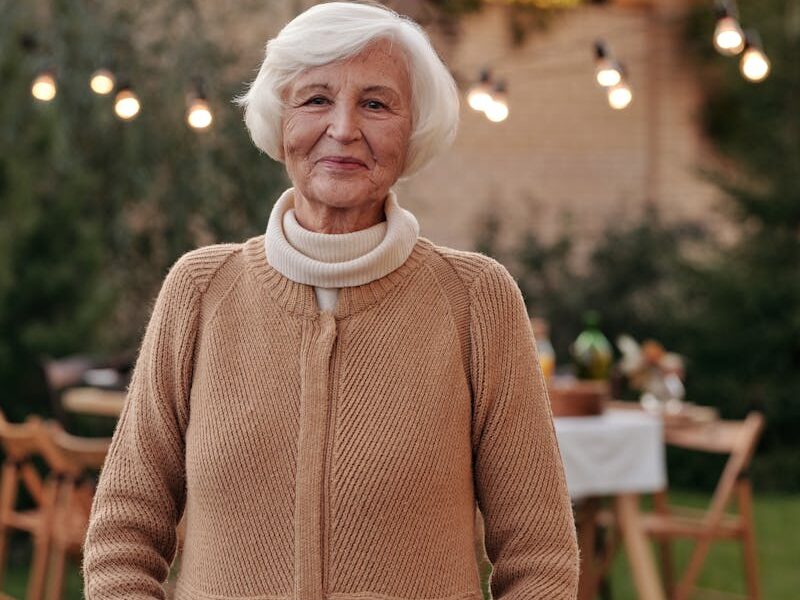
Nope. She’s having a midlife awakening. Maybe she changed careers, left a marriage, or bought a motorcycle. That doesn’t mean she’s in crisis—it means she’s evolving. Labeling it as a breakdown only undermines the courage it takes to disrupt what no longer fits. Reinvention isn’t a meltdown. It’s power.
“You’re not really old yet.”
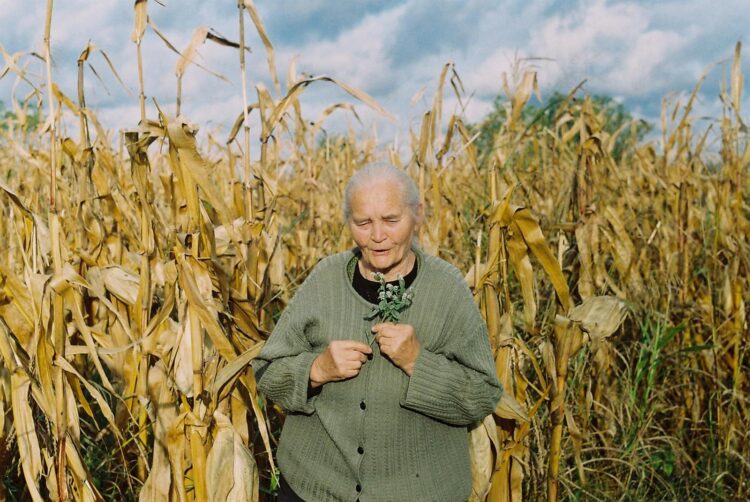
Trying to comfort her by denying her age isn’t a compliment—it’s avoidance. Age isn’t an insult. Stop dancing around the number like it’s a bad word. If she says she’s 55, believe her. Don’t pat her on the head and pretend she’s still 35 to make yourself feel better.
“You don’t act your age.”

Translation: you’re not conforming to my idea of what 50+ should look like. Good. Women over 50 are rewriting the script. They’re playful, bold, curious, sexual, and fierce. Acting your age should mean living authentically—not shrinking to fit outdated expectations. If she’s not playing the role, it’s because she’s writing her own.
“You probably can’t keep up.”

She probably left you in the dust an hour ago. Physically, mentally, and professionally—don’t underestimate a woman over 50. She’s been balancing a thousand things at once for decades. She’s not slowing down; she’s just more strategic. If anything, you should be working on keeping up with her.
“You’re too old to be relevant.”
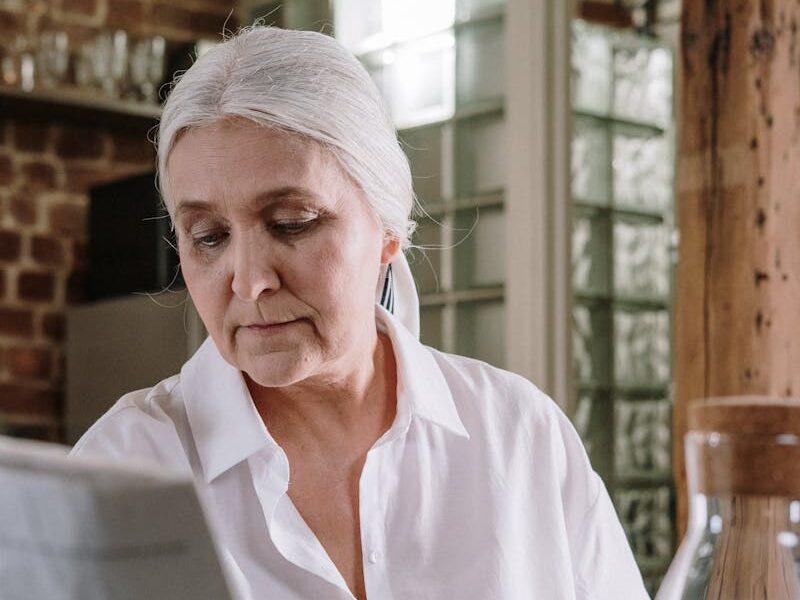
This is the fastest way to expose your own irrelevance. Women over 50 are still leading movements, winning awards, shaping culture, and raising generations. They’re not background characters in someone else’s story—they are the story. Dismissing them isn’t just disrespectful—it’s absurd. They’re not fading. They’re rising, louder and clearer than ever.

